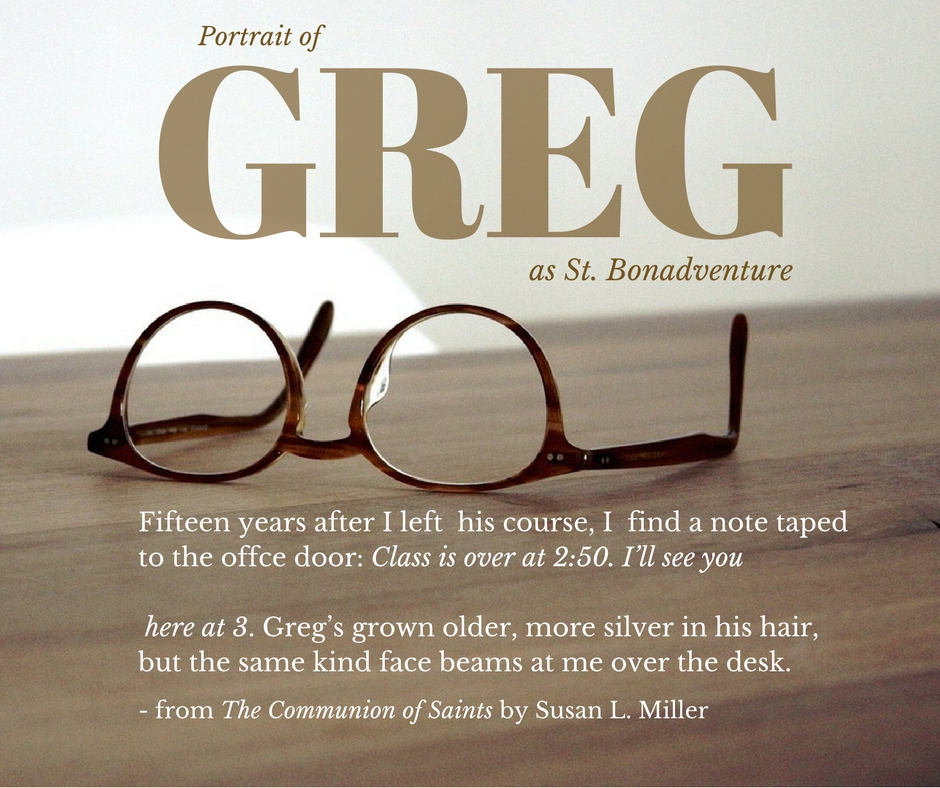Greg
In my teens, I discovered a poet named Gregory Orr when my friend loaned me her copy of his New and Selected Poems. I read constantly, usually books from the library, but this book wouldn’t accrue fines if I kept it for a while, and I really loved it. It was the first book I ever loved by a living poet. I loved the weird photograph on the front of wax candles in the shapes of a human heart and two arms, hanging outside of a candle shop. I loved the poems between the red covers, in which a poet flies in a small aircraft and opens up an egg to find his grandmother’s jade ring inside. I bought as many of Orr’s books as I could find. My favorite used bookstore owner, a tough, smart man who was formerly a super in Manhattan, flipped one of his books to expose the author photo on the back cover. “Doesn’t he look like the most romantic gypsy?” he asked admiringly. I had to admit that he did.
Once at college, I took an Introduction to Poetry course, then applied to take an intermediate poetry class with The Romantic Gypsy. I typed up my poems and put them in his mailbox as I’d been instructed to do. I hoped I might be accepted to his course, but I wasn’t sure it would work out. Several days later, I came home to a message on my answering machine. “Hello, this is Professor Orr,” he began. I was in.
I remember the first days of class well: how much we all wanted to impress him, how foolish people sometimes looked when we tried. Fortunately, Greg never laughed at our pretensions. He had thought a great deal about poetry–he’d written his own textbook for our class, which we bought at the copy shop and read dutifully every week. We all knew his life was full of personal tragedy–the hunting accident when he killed his brother, the early death of his mother–and because he spoke slowly, it seemed more like he was thinking out loud than lecturing, most of the time. But he had a delightful, delighted smile and a sideways way of writing on our poems–his comments sometimes snaked down the side of the page. They were spare but powerful. I treasured them in the way I might have treasured love letters–except these were more sacred.
I took his class several times, and it got even more fun as the years went on, especially when I took the adult education classes that city residents could attend. There I was surrounded by law students and graduate students and even some hippie women who seemed to be part of our local Sufi community. These folks really wanted to write, and Greg validated what we did every week. He was clear and kind, thoughtful of what we were attempting to do. He seemed to accept anything we brought to the table, even when Rahima brought in a terrifying poem about getting a cockroach stuck in her ear canal and practicing zikr to keep from freaking out as she drove to the doctor.
Fifteen years after I graduated, I went back to visit him. I had been in touch with him intermittently, and had attended his readings in the city where I now lived, but going back to my hometown, I had always been too shy to meet up with him. This time, though, I’d been invited back to campus, so I stopped by the department and left him a note. He taped up a response to his door, directing me to meet him just after his class.
When we met, he looked the same, although his hair was grey now instead of the dark brown it used to be. He still had his handlebar mustache and his beautiful, wry smile. He remembered me, which I expected, but he also remembered my college poems, which I did not expect. He asked me about my current work, suggested a few places which might publish my writing, and, when I told him I was writing about St. Francis, asked about the Giotto frescoes in the basilica in Assisi. He had examined them carefully enough to know that Giotto had left out an important episode in Francis’s life, the moment when he embraced the leper. Greg still took me seriously after so much time apart, and I remembered how supportive he had been fifteen years before, when I had showed up to this same office early in the morning after my overnight shift, bearing purple morning glories and asking him about graduate school.
Teachers don’t always know their impact on their students, and students don’t always reflect on the importance of their teachers, but I am certain that if I had never been Greg Orr’s student, my life would have gone in a completely different direction. Even now, when I pull out his books from my bookshelf, I can still feel the excitement of being a teenager, reading those poems, and listening to that gentle voice on my answering machine, telling me that someone who could really write felt that I might have something important to say.

